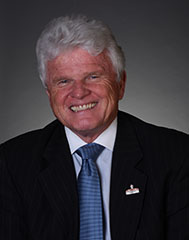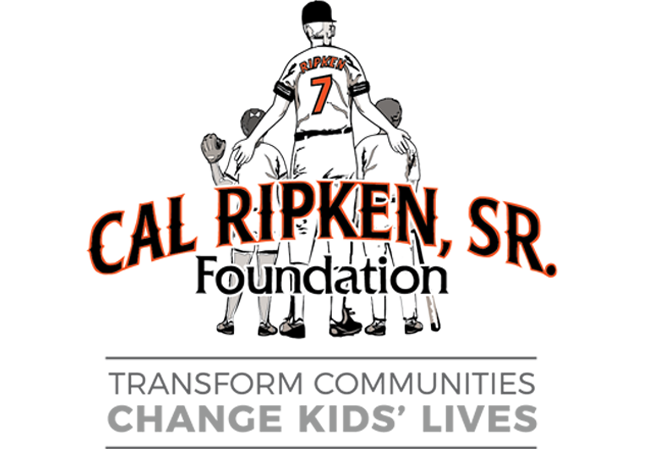
Robbie Callaway
Robbie Callaway is Sr. Vice President for Government Services and Client Relations at FirstPic, Inc. located in Annapolis, MD. In that role, he carries on his lifelong advocacy for disadvantaged children and families and continues to play a pivotal role in acquiring funding for worthy youth-serving organizations and the development and passage of national legislation critical to child safety. Such legislation includes the following: the Runaway and Homeless Youth Act; the Juvenile Justice and Delinquency Prevention Act; the National Amber Alert legislation; and the Adam Walsh Child Protection and Safety Act.
During his 24-year career at Boys & Girls Clubs of America (BGCA), where he loved every minute, Mr. Callaway led an amazing Government Relations team which raised more than $1Billion for the local Clubs served by the organization. He was also instrumental in expanding the number of Clubs in public housing communities from 23 to over 450 Clubs, was the driving force in BGCA’s expansion into over 220 Native American communities across the nation and acquired the initial grant funding to serve kids of the military deployed during Operation Desert Storm. He led the creation of the BGC State Alliance strategy which has grown to acquire well over $100Million a year for local Clubs.
In his current role with FirstPic, Inc. the team he has led has generated another $1Billion for numerous national youth-serving organizations. His consistent work in Washington, DC with multiple Presidential administrations, many members of Congress and government agency leaders for over 40 years has established a solid reputation as an honest, trustworthy, loyal and reliable individual dedicated to American children, youth and families.
Before joining FirstPic, Inc., Mr. Callaway was appointed as a Trustee to the Board of Seisint Corporation assisting in its acquisition by Reed Elsevier - Lexis Nexis for $775,000,000.
Mr. Callaway is a founding Board Member of the National Center for Missing & Exploited Children (NCMEC), Past Chairman, and has served as a NCMEC Board Member since its creation in 1984. For over 40 years, his friendship and partnership with crime fighter John Walsh, has greatly advanced the focus on fighting crime, supporting law enforcement and finding and protecting missing and exploited children and the plight of their families.
In addition, he is Past Chairman and serves as Board Member of the Cal Ripken, Sr. Foundation, an organization committed to serving youth nationwide through character building and STEM programs, and over 100 youth development parks across America. He has been a friend of the Ripken family and actively involved with the organization for over 20 years.
While continuing his child advocacy career, he also loves spending time with his children and grandchildren. He resides with his wife of 43 years, Sue, in Carthage, North Carolina. They recently purchased and renovated his grandfather’s farmhouse where he had spent his childhood summers and holidays, creating priceless memories of American values.
